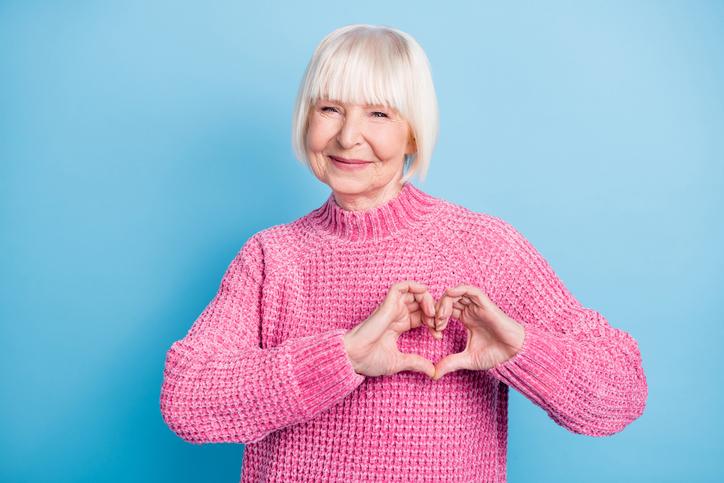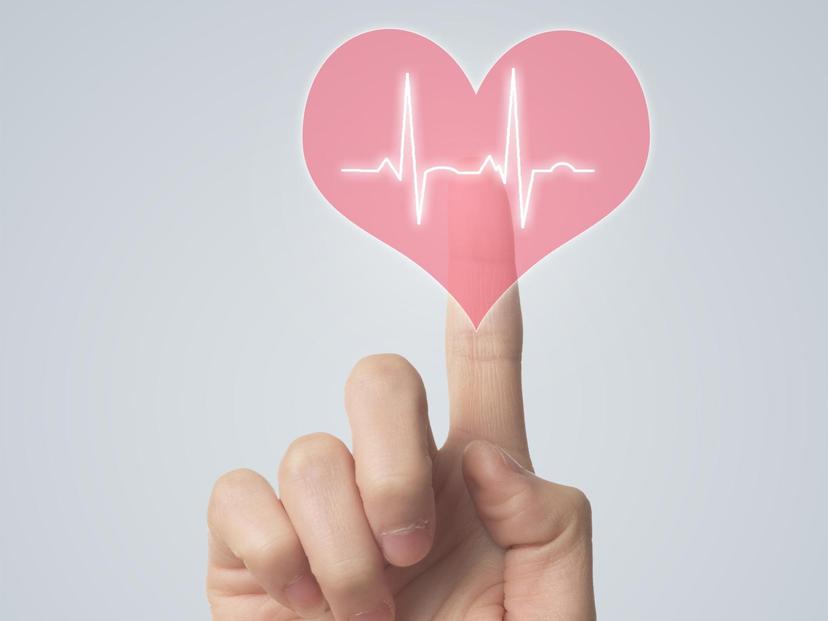1 июля 2022
Myths and Facts About Sleep Apnea


1 июля 2022
Myths and Facts About Sleep Apnea
## Myth: there is no need to treat sleep apnea
Sleep apnea ((when someone suddenly stops breathing when sleeping) can last from 10-30 seconds or more per episode and occur more than 400 times a night. The most common is obstructive sleep apnea, which is blockage of the airway due to relaxation of the muscles of the neck, pharynx, nasopharynx, tongue and sagging of the soft palate.
Obstructive sleep apnea should not be left untreated. This problem seriously affects one's quality of life, as one feels tired all the time and wants to sleep. If untreated, obstructive sleep apnea will lead to metabolic disorders in the cells of the body and provoke ===the development of type 2 diabetes, obesity, cardiovascular disease, and chronic respiratory pathologies.
## Fact: people who are overweight are at risk
There are many causes of sleep apnea. Both men and women face the disease, regardless of their age or body weight. However, it is true that people who are overweight, have endocrine problems (such as thyroid dysfunction), and have individual features of the structure of the neck (thick and short) and nasopharynx have a greater chance of getting the disease. Even slight weight loss tends to alleviate the condition. Other risk factors include older age, use of alcohol, sleeping pills or tranquilizers, narrow airways, heredity, smoking, and nasal congestion.
## Myth: passing a sleep apnea test is difficult
In the past, to be diagnosed with sleep apnea, one had to go to the clinic for an expensive overnight examination. That involved the patient being hooked up to numerous wires and machines. Now, however, it is possible to do the examination at home. All you have to do is put on a special device at night and send the results to the doctor.
## Fact: an orthodontist can help
Your dentist or orthodontist can provide you with a special mouth guard to give you relief. The mouth guard is custom-made for you and adjusts the position of your lower jaw and tongue. It is placed before going to sleep so that the airways remain free during sleep. The mouth guard can only be prescribed by a doctor and should not be used if you have severe apnea.
## Fact: CPAP machines provide effective therapy
The machine delivers a constant flow of air into your airway. It will take some getting used to, but at least you will start to sleep better. Many CPAP users feel rejuvenated and full of energy after the first use. It is the most common treatment for obstructive sleep apnea in adults.
## Myth: CPAP machines do not need to be cleaned
The CPAP machine must be cleaned and disinfected regularly. Otherwise germs, mold, allergens and other pathogens will accumulate in it. This can cause nausea. In addition, timely cleaning of CPAP consumables will help them last longer and work more efficiently.
## Myth: excessive snoring is normal
Many people who snore loudly, especially older people, think it's the norm. But snoring is an indicator that air is moving through the airways with the wrong trajectory, thereby making it difficult to deliver oxygen. Instead of resting, the body struggles to restore normal breathing. As a consequence, you feel tired and irritable in the morning.
## Fact: sleeping on your side is better for apnea
While sleeping on your side, there's less risk of throat tissue blocking your airway. Use special orthopedic pillows for this purpose, which will help you maintain a proper position throughout the night.
## Myth: sleep apnea in children is nothing to worry about
Nocturnal apnea syndrome in a child is a reason to see a doctor immediately. Causes of respiratory arrest include enlarged tonsils, adenoids, and central apnea. A very common manifestation of apnea in children is bedwetting, since nocturnal urination is one of the signs of oxygen starvation of the brain.
## Myth: surgery is the surest way to correct apnea
Since there are many causes of sleep apnea, there are different treatments, including surgery. The decision about the need for surgical intervention is up to the doctor. For a child, it may be necessary if there are enlarged adenoids blocking the airways. Adults may need surgery because of anatomical features, such as a deviated nasal septum.
## When should you see a doctor?
If you experience walking headaches, often wake up with a cough or lack of air, snore loudly in your sleep, have certain features of the neck or nose structure, feel tired all the time despite getting enough sleep, or suffer from depression, mood swings, bedwetting or weight gain, you should consult a doctor to see if you have sleep apnea. Do not put off going to the doctor. The earlier you solve this problem, the more chances you have to avoid unpleasant consequences.













